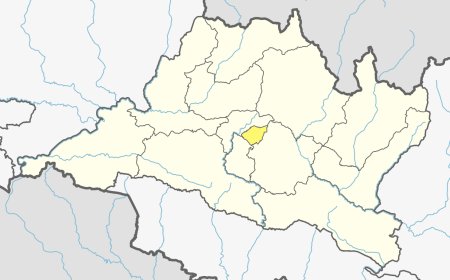The Power of Green Energy: Advantages and Challenges
Discover the advantages and challenges of green energy and its potential to transform the world. Learn about the benefits of renewable energy sources and the obstacles that must be overcome to achieve a sustainable future.

As the world's population continues to grow, so does the demand for energy. However, this demand is often met with non-renewable resources, which come with their own set of challenges. Fossil fuels, for example, are a finite resource that contribute to environmental degradation, climate change, and geopolitical conflicts. This is where green energy comes in a renewable source of energy that is sustainable, clean, and abundant.
Green energy is derived from natural resources that are replenished over time and are therefore considered renewable. These resources include solar, wind, hydro, geothermal, and biomass. The advantages of green energy are many and varied, and they include:
-
Reduced carbon footprint:
One of the biggest advantages of green energy is its ability to reduce carbon emissions. Unlike fossil fuels, green energy sources do not produce harmful greenhouse gases that contribute to climate change. This makes them a sustainable alternative to traditional energy sources. -
Lower energy costs:
While the upfront costs of implementing green energy technologies can be high, the long-term benefits can be significant. Green energy can help reduce energy bills by providing a more stable source of energy that is not subject to price fluctuations in the market. -
Job creation:
Green energy is a rapidly growing industry that is creating jobs around the world. According to the International Renewable Energy Agency (IRENA), the renewable energy sector employed more than 11 million people worldwide in 2018. -
Energy security:
Green energy sources are typically domestic, which means they reduce dependence on foreign oil and gas imports. This helps improve energy security and can reduce the risk of geopolitical conflicts related to energy resources.
Despite these advantages, green energy also faces a number of challenges. Some of these challenges include:
-
High upfront costs:
While green energy can save money in the long run, the initial investment can be high. This can make it difficult for individuals or businesses to transition to green energy. -
Intermittency:
Unlike traditional energy sources, green energy sources can be intermittent. For example, solar panels only produce energy during daylight hours, and wind turbines require certain wind speeds to produce energy. This can make it difficult to rely on green energy alone. -
Land use:
Some forms of green energy, such as wind and solar, require a large amount of land to generate significant amounts of energy. This can create conflicts with land use for other purposes, such as agriculture or conservation. -
Infrastructure:
Green energy requires new infrastructure to be built, which can be costly and time-consuming. For example, building a wind farm requires not only the wind turbines, but also transmission lines to deliver the energy to consumers.
Despite these challenges, the advantages of green energy far outweigh the disadvantages. As technology advances and costs come down, green energy is becoming more accessible and widespread. It is up to individuals, businesses, and governments to make the investment in green energy and pave the way towards a more sustainable future.
What's Your Reaction?





































































































